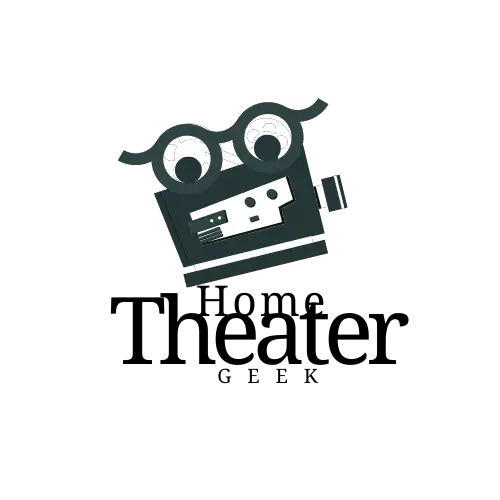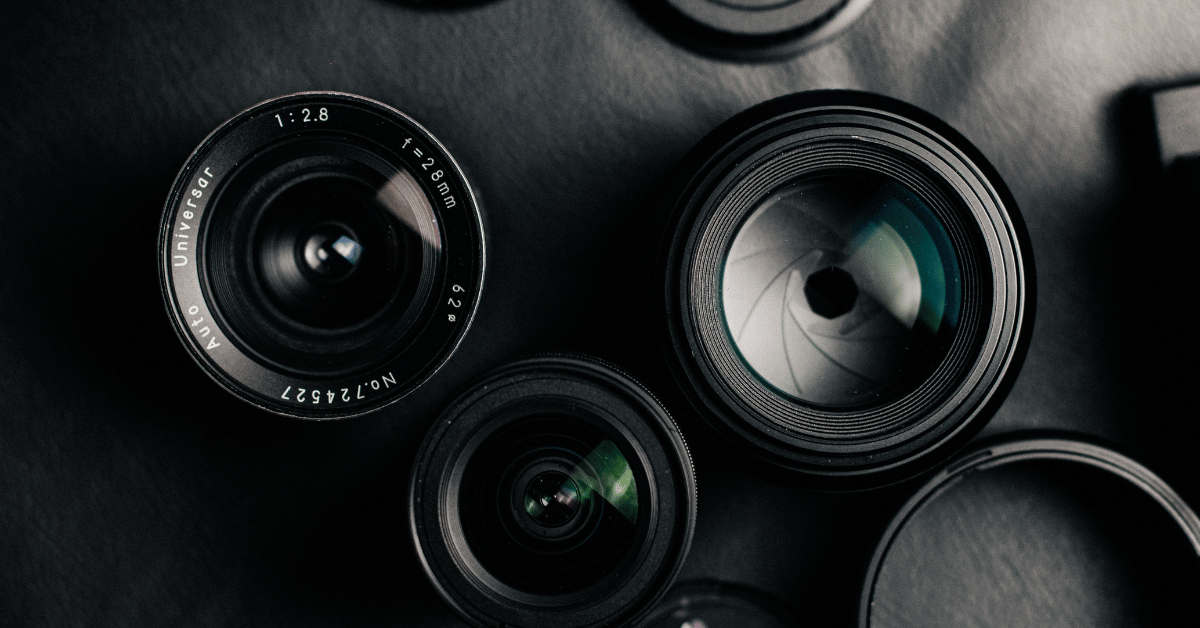Have you ever wondered if it’s possible to use a projector lens on a camera? While unconventional, adapting a projector lens for use on a camera can offer unique creative opportunities and intriguing visual effects. In this article, we will delve into the world of using a projector lens on a camera and explore the potential benefits and considerations involved in this unconventional lens choice. Whether you’re an experimental photographer or simply curious about alternative lens options, join us as we uncover the possibilities and intricacies of incorporating a projector lens into your camera setup.
Table of Contents
Can You Use a Projector Lens on a Camera?
When it comes to photography and videography, the choice of lenses plays a crucial role in capturing the desired visual aesthetics. While most photographers and filmmakers rely on traditional camera lenses, there exists an intriguing possibility of using a projector lens on a camera. While unconventional, this creative choice opens up a world of unique visual opportunities and artistic exploration. In this article, we will delve into the question of whether you can use a projector lens on a camera, explore the potential benefits, considerations, and creative possibilities that come with this unconventional lens choice.
Adapting a Projector Lens:
Using a projector lens on a camera requires a lens adapter that allows for mounting the projector lens onto the camera body. Adapters are available for various camera models, and careful consideration should be given to compatibility, ensuring that the lens can be securely attached and properly aligned.
Unique Characteristics and Visual Effects:
Projector lenses have distinct characteristics that set them apart from traditional camera lenses. These lenses are typically designed to project large images onto screens, resulting in unique optical properties that can yield fascinating visual effects when used on a camera. These effects may include vignetting, soft focus, distortions, flares, and other forms of artistic imperfections that can add a dreamy, vintage, or otherworldly quality to your images.
Creative Opportunities:
The use of a projector lens on a camera opens up a realm of creative possibilities. Experimentation with unconventional lenses encourages photographers and filmmakers to explore new artistic avenues and challenge the traditional norms of image capture. With a projector lens, you can create visually stunning and ethereal images, introduce captivating lens flares, play with depth of field, and achieve unique bokeh effects. This unconventional lens choice can add a distinct and captivating visual style to your work.
Considerations and Limitations:
While using a projector lens on a camera offers creative potential, it’s important to be aware of the considerations and limitations associated with this unconventional choice. Projector lenses are typically fixed focal length lenses, limiting your versatility in terms of zooming or adjusting focal lengths. Additionally, adapting projector lenses may introduce compatibility issues, resulting in potential loss of electronic communication between the lens and camera body, requiring manual adjustments for aperture and focus. It’s also crucial to note that the optical quality and sharpness of projector lenses may not match that of dedicated camera lenses, so results can vary.
Lens Adaptation and DIY Projects:
For the adventurous photographers and DIY enthusiasts, adapting a projector lens for camera use can be a rewarding and creative endeavor. Various online communities and forums provide resources and guidance for adapting projector lenses, allowing you to embark on unique DIY projects and create customized lens setups tailored to your creative vision.
Pros and Cons of Using Projector Lenses as Cameras Lenses
Using projector lenses as camera lenses offers unique opportunities for creative expression and experimentation. However, it’s important to consider the pros and cons before incorporating them into your photography or videography workflow. Let’s explore the advantages and disadvantages of using projector lenses as camera lenses:
Pros:
- Unique Visual Aesthetics: Projector lenses have distinct optical characteristics that can create unique visual effects, such as vignetting, flares, and soft focus. These effects can add a vintage, dreamy, or artistic quality to your images, giving them a distinctive look that sets them apart.
- Cost-Effective Option: Projector lenses can be more affordable compared to dedicated camera lenses. This affordability allows photographers and filmmakers on a budget to experiment with different focal lengths and experiment with various creative effects without breaking the bank.
- Creative Expression: Using projector lenses as camera lenses encourages artistic exploration and pushes the boundaries of traditional photography. It allows photographers and filmmakers to think outside the box, embracing unconventional aesthetics and creating images that stand out from the crowd.
- DIY Adaptation: Adapting projector lenses to fit camera bodies can be a rewarding DIY project. It opens up opportunities for customization and modification, allowing you to create a unique lens setup that suits your specific creative vision.
Cons:
- Limited Compatibility: Projector lenses are designed for specific projection systems and may not be readily compatible with camera bodies. Adapting them to work with cameras often requires the use of lens adapters, which can introduce limitations and potential issues, such as the loss of electronic communication between the lens and camera body.
- Fixed Focal Length: Most projector lenses have a fixed focal length, limiting your versatility in terms of zooming or adjusting focal lengths. This can pose challenges when shooting in different scenarios that require quick adjustments to framing or composition.
- Optical Quality and Sharpness: While projector lenses can offer unique visual effects, they may not match the optical quality, sharpness, and overall image quality of dedicated camera lenses. Projector lenses are optimized for projecting large images onto screens, and their optical performance may not meet the same standards as lenses specifically designed for capturing high-resolution images.
- Manual Adjustments: Adapting projector lenses for camera use often requires manual adjustments for aperture and focus. This can be time-consuming and may require more effort to achieve precise settings compared to using native camera lenses.
- Limited Availability and Selection: Projector lenses are not as widely available or as varied as dedicated camera lenses. Finding the right projector lens with the desired focal length and optical characteristics may be more challenging.
Conclusion
While it may be unconventional, using a projector lens on a camera opens up a world of artistic possibilities and visual intrigue. With their unique characteristics and distinct visual effects, projector lenses can add a touch of creativity and individuality to your photography or filmmaking. However, it’s important to consider the limitations and potential challenges associated with adapting projector lenses, such as compatibility issues and manual adjustments. Embrace the opportunity to experiment, explore new creative avenues, and unlock the hidden potential of using a projector lens on your camera. Let your imagination run wild, and capture captivating visuals that defy convention and stand out from the crowd.

